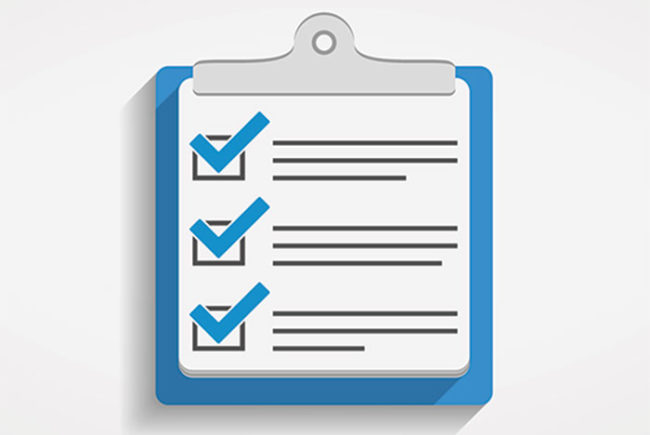Thoughts, direct actions and behavior. It’s such a simple concept, but it magnifies how things get done. This concept dictates the difference between productive and unproductive, relevance and irrelevance. Striving for relevancy and productivity in health care environmental services departments is the result of actions and behavior, but it starts with thinking, developing an understanding of what you want to accomplish and forming a plan that delivers anticipated results.
When environmental services managers employ this type of thinking, it raises the level of awareness, increases understanding and develops results that deliver productive legacies. But often, when embarking on a new initiative, fear has a way of settling in. Fear is an emotional reaction — irrational, reactive and leading to confusion. Rather than thinking about what you can do, fear leads to thinking about what you can’t do. These kinds of thoughts are self-defeating, so it's important to refocus. One way to conquer emotional fear is to start with the question, “What can I do right now?” There are always options you can try — sit down, take a break or try something new. Start doing what you can.
Another seemingly impossible hurdle environmental services managers must conquer is the constraint of time. I often hear people say, “But I don’t have time to develop new skills.” But when a lack of time becomes an excuse, my response is that time is the great equalizer. We all are given the same amount of time every day — 24 hours, not one minute more or less for anyone. Time is a continuous movement forward. And during the 24 hours between each sunrise, we usually experience some change. While change is most certainty a constant in our lives, we are inevitably surprised when it happens. The goal is to continue moving forward with time, while not using change as an excuse. Productive thinking, a structured approach to solving problems or generating creative ideas, gives us a better understanding of the challenges we face and the critical thinking skills at each stage of the problem-solving process.
Lastly, when you desire to implement a bold environmental services initiative, realize that others may dismiss you as a dreamer. Rejecting discouraging taunts will result in positive thoughts to drive you forward. Even if your first attempt at a new initiative turns out to be a good try, but doesn’t quite stick, others may react by calling you a failure. Simply recalculate your steps, make adjustments and try again. Naysayers may dismiss your success as luck, but in the end, it doesn't matter what others think. Your goal is to keep your environmental services department in a state of productivity, so keep thinking big, and success will follow. Productivity matters.
Michael Haro is a life coach, behaviorist and training specialist, and author of Self-Coaching: Your Self-Mastery Road Map.
AHE INSIGHTS
Valuable resources available from AHE
Visit AHE's website to learn more about the following resources.
Practice guidance available
Practice Guidance for Healthcare Environmental Cleaning, second edition, helps to define and advance the professionals responsible for care of the health care environment to ensure high-quality outcomes and healthy communities. This manual provides evidence-based research, guidance and recommended practices that should be considered for inclusion in health care environmental services departments. Because each facility has its own needs, this resource has been designed to enhance an existing program.
Certificate of Mastery in Infection Prevention
This certificate is a robust program that provides environmental services professionals with requisite knowledge to meet the Centers for Medicare & Medicaid Services' requirements for a trained professional in infection prevention and control specific to the clinical environment of care.
Certified Healthcare Environmental Services Technician Certificate
This certification focuses on critical areas of competency for front-line technicians, including infection prevention, quality of care, patient outcomes and experience.





